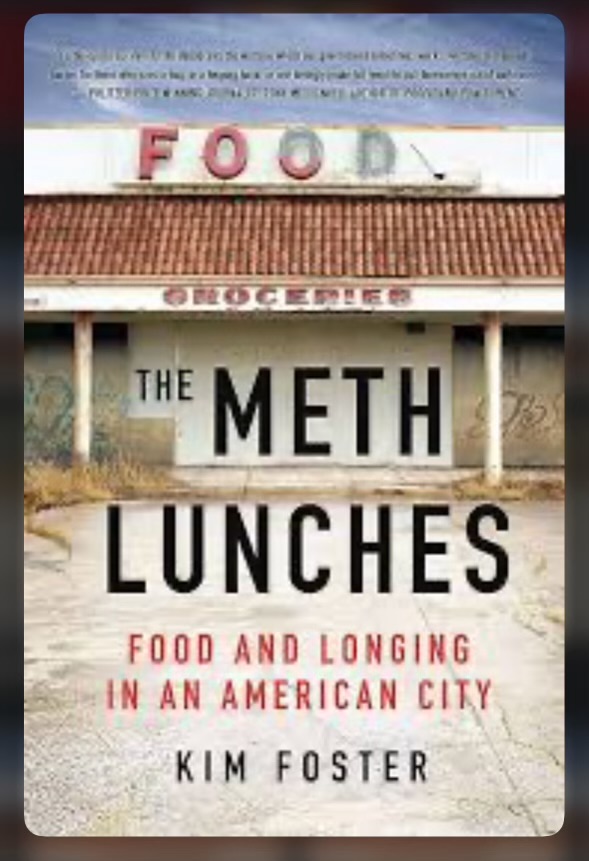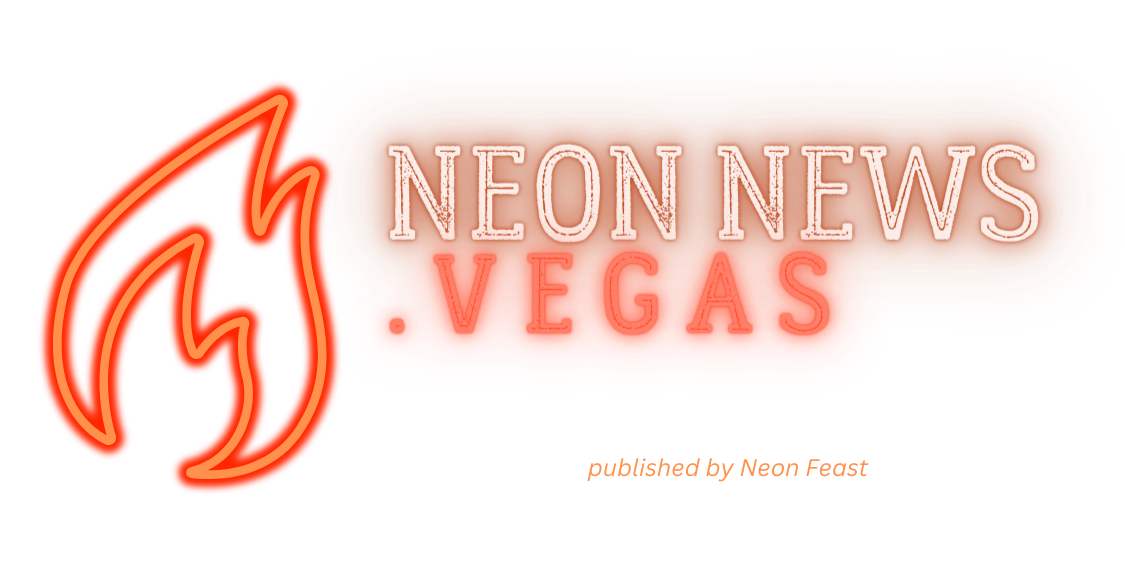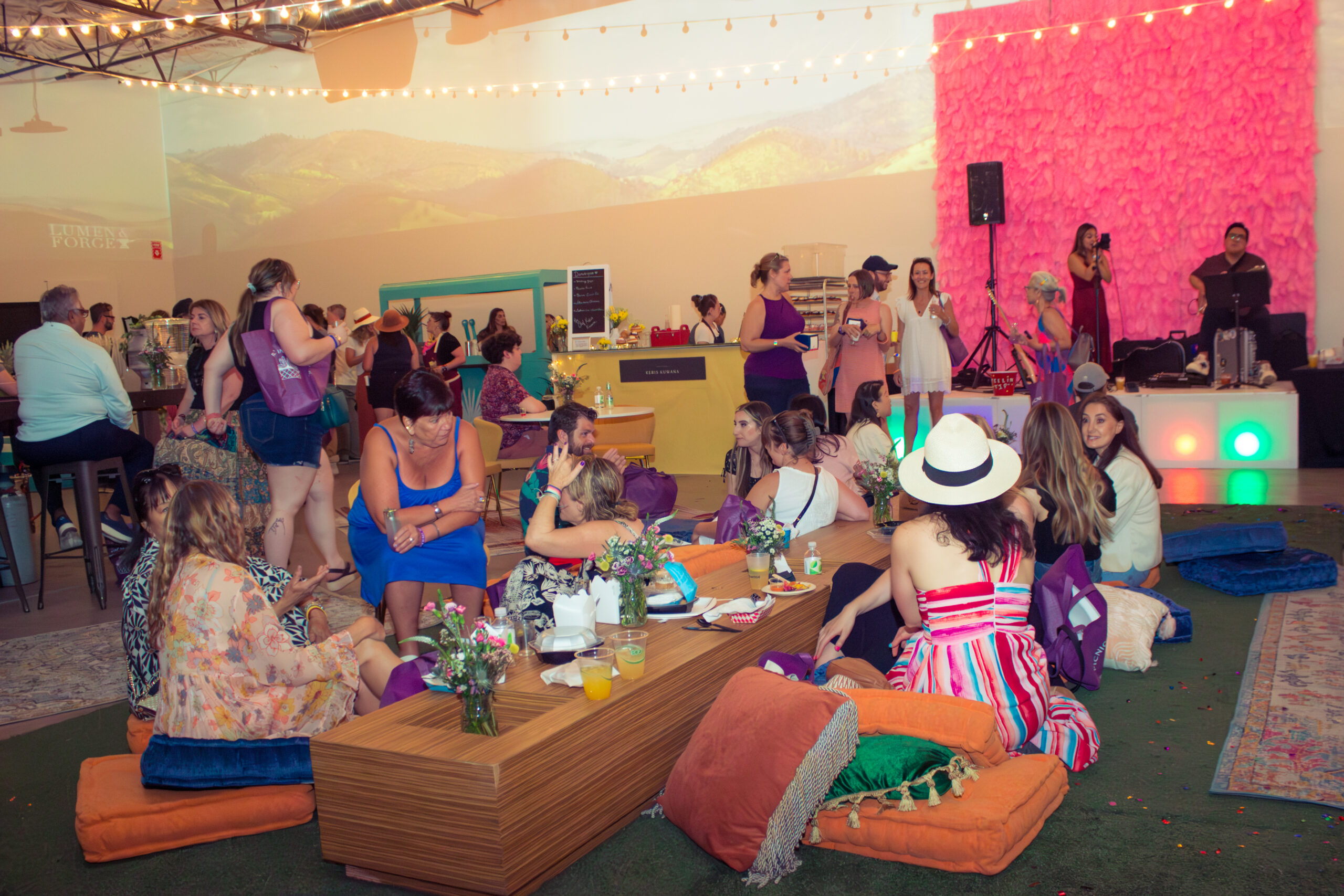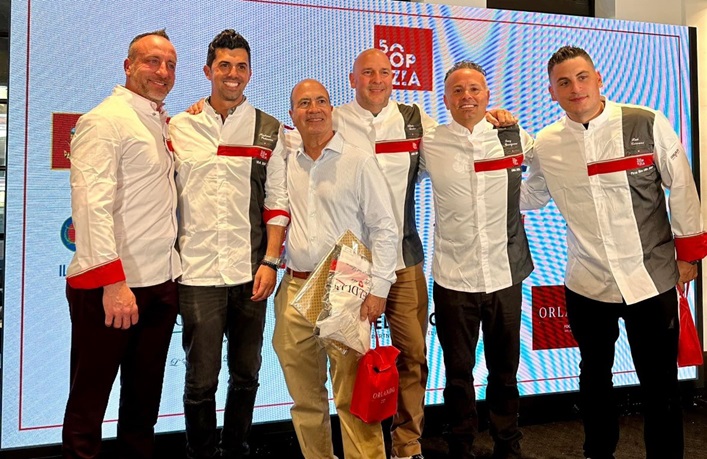We hear this message daily—from this author and countless others—that there’s never been a better time to eat in Las Vegas.
The statement is not hyperbole. All the proof you need is available on the various media (old, new and social) that food writers and content creators use to flaunt our valley’s most delicious restaurant offerings. But it comes with a very important caveat, which everyone understands, but very few mention.
Because it’s a bit of a bummer to hear.
There’s never been a better time to eat in Las Vegas if you can afford to eat.
Talking and Writing About Hunger
Hunger doesn’t sell. It doesn’t inspire clicks or likes. So, most people who report on food in Las Vegas skip over that last part and focus on the sexier aspects of local dining. I’m certainly guilty of that omission.

Luckily, the Las Vegas food community has Kim Foster, a James Beard Award-winning author whose latest book, The Meth Lunches: Food and Longing in an American City, was released last Fall by St. Martin’s Press. On Thursday, Foster will present “The Dysfunction of Food: On Food That Isn’t Beautiful or Comforting or Delicious” from 7 to 8 p.m. on the UNLV campus.
“I’m going to be at UNLV, at the Literature and Law building,” Foster explained during a recent Food and Loathing podcast appearance.
“It’s going to be an hour-long lecture. I’m going to be making pozole. So we’re going to be eating some really fabulous food and talking about hunger and poverty in Las Vegas.”
Inspired By Kids
Foster’s experiences with her adopted children inspired her to investigate the topic.
“I felt like a lot of the challenges that my kids were having, because of family separation and being in foster care for so long, and being raised in institutions, that food was actually a really, really important part of that. My son had gone through a lot of food scarcity – a lot of hunger in his childhood. So his relationship to food was really skewed. And it made me wonder how many people’s relationships to food was [also] really skewed.”
She originally explored the idea in a 2017 essay for KNPR’s Desert Companion magazine entitled “The Meth Lunches: The Food and Caring Of A Drug Addict.” It’s a reflection that serves as the jumping-off point for the book, as well as its conclusion.

“It just sort of begins the journey for me,” Foster says of the essay. “We start there, and we end there. “
In between, she speaks to other people who understand the effects hunger can have on one’s lifelong relationship with food. She met many folks through a food pantry she ran during the pandemic.
“I would run into people who never have home-cooked meals: kids who have never grown up with a home-cooked meal; adults who don’t get to choose their food [because] it’s chosen for them and put in boxes and given to them.”
Food Is Safety, Hunger Is Trauma
She notes that their relationship to food differs greatly from that of Instagrammers seeking the perfect cheese pull or journalists promoting $1,000 meals. And the experiences of hunger and food insecurity stick with people throughout their lives.
“As a child, attachment is about getting food. [It provides] a sense of safety. So a baby cries, they get food, they feel safe. The world is good. When that doesn’t happen a lot of schisms happen in the neuroplasticity of the brain.”
The results, Foster says, often affect that child throughout its lifetime.
“A lot of problems that we have, and challenges in our community, actually exist partly because we … allow people to be in poverty. And that really traumatizes children. And it prevents them from being stable and living their best lives as they [grow] into adults. And that affects all of us.”
Foster will have more to say on the topic at Thursday’s event. It’s free to attend, but they’re requesting people make online reservations if they can. You can do that through Eventbrite. Her book, The Meth Lunches, is available locally at The Writer’s Block and online through the usual outlets.














